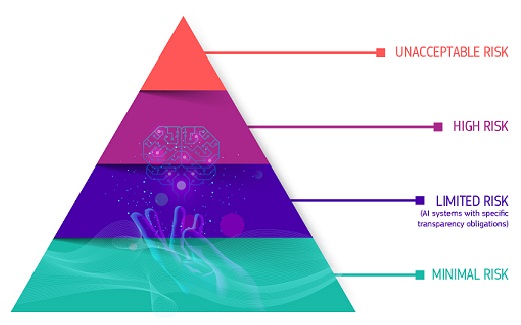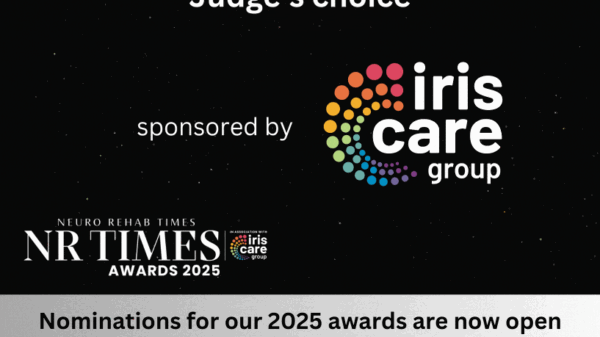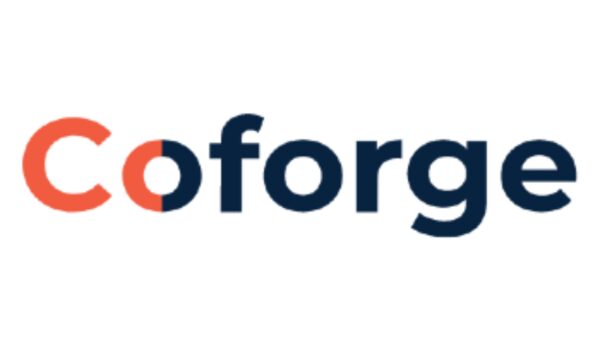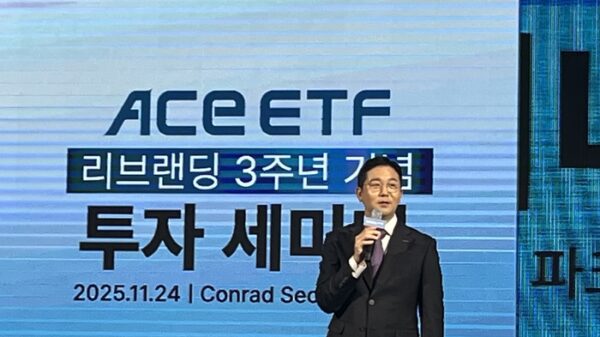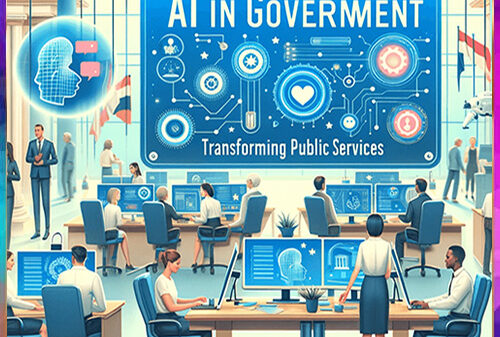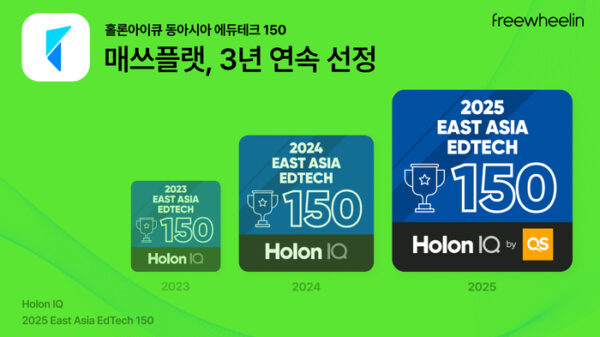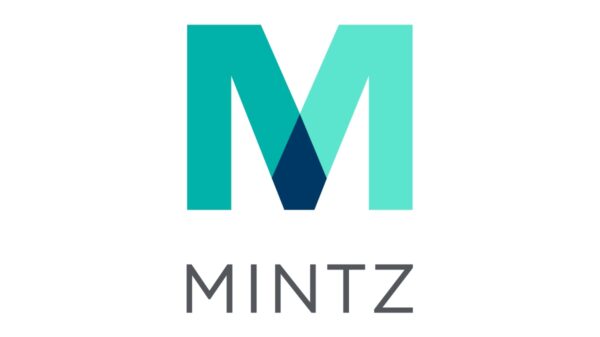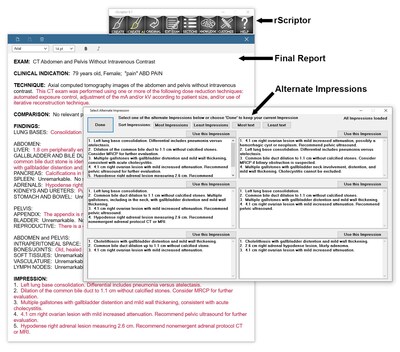Multi-model AI Impressions with redundancy, customizable preferences, and hybrid dictation let radiologists shape reports in their own voice.
PITTSBORO, N.C., Nov. 23, 2025 /PRNewswire/ — Scriptor Software has unveiled a transformative upgrade to its radiology reporting platform, rScriptor, enhancing its generative AI capabilities significantly. The latest version now automatically assesses the Findings section to capture the radiologist’s dictation style and replicate it in the Impression. This advancement eliminates the necessity for radiologists to train the AI on their specific dictation style, streamlining the reporting process.
The updated rScriptor allows radiologists to customize the length of their impressions, producing either concise or detailed reports based on personal preferences. In a groundbreaking feature, the software generates six alternate impressions simultaneously using multiple fine-tuned large language models (LLMs) through parallel processing. This means that radiologists have instant access to diverse options to suit their reporting style, enhancing flexibility and reducing reliance on a single AI output.
“Generative AI in other radiology reporting tools often feels like a black box,” stated Dr. John Stewart, MD, PhD, Founder and CEO of Scriptor Software. “These algorithms typically yield a single result, leaving the radiologist with little control over the output. Our approach is fundamentally different. We empower radiologists by allowing them to define their preferences for the Impression. With up to six versions available, they can choose the one that best meets their needs. Additionally, they can include any findings in the Impression exactly as dictated, without AI modification. This hybrid model represents a significant step forward in radiology reporting, reinstating control in the hands of the radiologist rather than surrendering it to a black box AI system.”
Key Features of rScriptor’s Generative AI Impressions
- Six AI Impressions, one click: rScriptor creates six distinct AI impressions simultaneously, providing radiologists with immediate alternatives for tone, structure, or detail in their reports.
- Radiologist-defined “best” Impression: Radiologists can specify their desired number of Impression lines and overall report length. Based on these preferences, rScriptor automatically selects the most suitable Impression for insertion into the report.
- Hybrid workflow: Findings that must remain unchanged can be tagged using a specific rScriptor keyword, allowing these phrases to be integrated verbatim into the AI-generated Impression while the rest is filled in by generative AI.
- Improved readability and integration: The enhanced generative AI engine can rewrite and summarize text, improving the overall clarity of the Impression and better incorporating dictated findings while still maintaining radiologist control.
Scriptor Software, founded in 2013 by Dr. John Stewart, MD, PhD, a practicing radiologist and former NASA engineer, is dedicated to enhancing radiology workflows with innovative solutions. Its flagship platform, rScriptor, has facilitated the creation of tens of millions of radiology reports and integrates seamlessly with existing dictation software.
With this latest upgrade, rScriptor positions itself at the forefront of radiology reporting technology. By significantly advancing how radiologists interact with AI, the platform not only enhances the accuracy of medical reporting but also ensures that radiologists retain vital control over their narratives, thereby improving the quality of patient care.
For more information, Dr. John Stewart can be contacted at:
Dr. John Stewart, MD, PhD
Founder & CEO, Scriptor Software, LLC
Email: [email protected]
Phone: +1 336-923-8291
For more details, visit the official announcement.
 OpenAI’s GPT-5 Launch Faces Backlash on Reddit, Sam Altman Responds to Criticism
OpenAI’s GPT-5 Launch Faces Backlash on Reddit, Sam Altman Responds to Criticism Charter Announces AWS AI Partnership, Aiming for Enhanced Efficiency and Customer Experience
Charter Announces AWS AI Partnership, Aiming for Enhanced Efficiency and Customer Experience GAP-Diff Framework Enhances JPEG Image Protection Against Diffusion-Based Customization
GAP-Diff Framework Enhances JPEG Image Protection Against Diffusion-Based Customization Brendan Greene Advocates Against Generative AI in Gaming, Citing Community Opposition
Brendan Greene Advocates Against Generative AI in Gaming, Citing Community Opposition Insurers AIG and WR Berkley Seek Exclusions for Corporate AI Risk Coverage
Insurers AIG and WR Berkley Seek Exclusions for Corporate AI Risk Coverage

